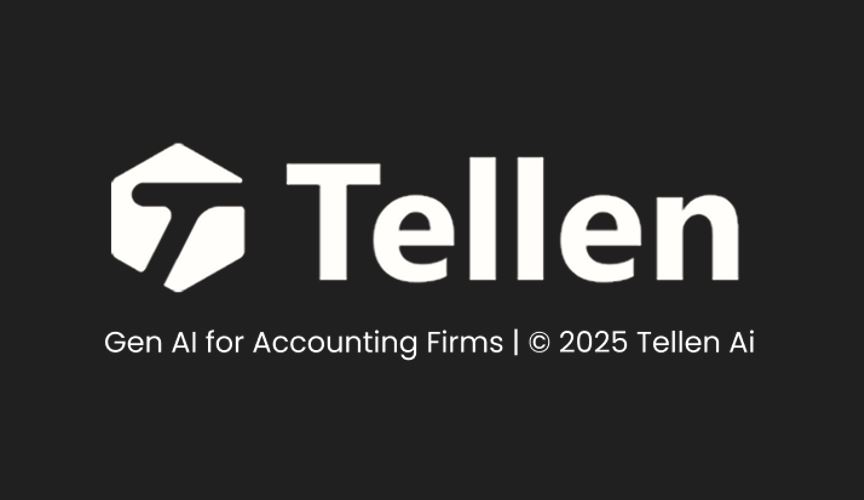From the January 2013 issue.
An overall strategic plan is important to chart the course for your firm’s future success. And individual game plans outline the roles each team member plays in achieving the firm’s strategic objectives. However, if you don’t have a system for holding individuals accountable for their goals, all the work, time and effort that goes into developing these plans is diminished to mere wasted effort.
From top to bottom, firms continually struggle with accountability. Partners face challenges holding one another accountable. With junior staff, managers too often focus on the wrong things: Whether an employee put in enough hours or whether an employee checked Facebook during business hours, for instance. Results are ultimately what matters.
If you have documented goals and hold people accountable for those goals, the results will clearly indicate whether people are performing. If the work gets done, and done well, “Facebook issues” fall away.
Think – Write – Share
Our minds are constantly at work coming up with great ideas about the things we should accomplish. Interestingly, however, we rarely formalize these thoughts into written goals. Studies support the direct link between written goals and higher performance.
The reason is simple. Writing down a goal captures what you’re thinking and creates a greater level of commitment. The bottom line here is that it is much harder to dismiss something you’ve written down than to simply let go of the ideas you have floating around in your head.
To further increase your level of commitment, share your written goals with others. By telling someone what you are going to do, you move beyond self-accountability to peer-accountability. Most of us are far more willing to disappoint ourselves than we are to fail others. If you can identify a person who will agree to follow up with you regarding your progress – even better.
Leadership Must Set the Tone
Even more common than a lack of planning, goal setting and holding people accountable is the absence of partner accountability. Firm leadership tends to hold junior employees accountable but shies away from a formalized system to measure performance at the partner level.
The tone of the firm is set up at the top. If partners are not willing to hold themselves accountable, employees will simply go through the motions and won’t buy in to a firm-wide performance system. Documented expectations and regular accountability reviews are important at every level, but accountability truly starts at the top.
Set SMART Goals
Choosing the right goals is just as important. Individual goals should be aligned with and support the firm’s vision and strategic plan. Additionally, they should be clearly articulated using the criteria for SMART goals.
- S = Specific
- M = Measureable
- A = Attainable
- R = Realistic
- T = Timely
The more specific you can be with your goals, the more likely you will commit to and achieve them. Writing goals in a way that makes them measurable, attainable, realistic and timely helps ensure that you can truly assess whether they were achieved.
The Tools
A few tools we have developed and have proven effective for both our clients and our internal operations are listed below.
- One-Page Strategic Plan – Provides a roadmap for the firm and provides direction to individuals during goal setting.
- 90-Day Game Plan – Documents each employee’s goals for the upcoming quarter and increases commitment by the employees as well as their managers.
- Accountability Review – Documents the results of the previous quarter’s 90-Day Game Plan and is the basis for the assessment of an employee’s performance.
- Communication – Honest communication is critical throughout the entire process.
Once a Year Isn’t Enough
Many firms that do have a goal setting and review process in place today are only doing so on an annual or semi-annual basis. However, this simply isn’t frequent enough to keep people on track and committed to their goals. We recommend reviews every 90 days to look back at the goals set for the previous quarter and to look ahead at the upcoming quarter’s goals. This helps ensure that people remain focused on achieving results that are important.
Results Are What Matters
If employees are meeting the goals that were outlined and agreed upon at the beginning of the quarter, it doesn’t really matter how many hours they put in or if they checked their Facebook hourly. If employees are truly not working enough hours or if they are seemingly wasting excessive amounts of time, the results will speak for themselves.
And results are what you’re really after.
——————-
Jim Boomer is a shareholder and the CIO for Boomer Consulting, Inc. He is the director of the Boomer Technology Circles and an expert on managing technology within an accounting firm. He also serves as a strategic planning and technology consultant and firm adviser in the areas of performance and risk management. In addition, Jim is leading a new program, The Producer Circle, in collaboration with CPA2BIZ and the AICPA.
Thanks for reading CPA Practice Advisor!
Subscribe Already registered? Log In
Need more information? Read the FAQs





